Assessment can be helpful during a project based learning unit by letting us know if students are learning the skills and if they understand the purpose of the unit. We also want to make sure the unit isn't straying in a non-productive direction. In this post, I'll provide different ways we can assess our students during a project based learning unit.
I begin assessing students during project based learning before I introduce the project. There may be skills I need to teach to lay the foundation for the unit. I really emphasize questioning for guided inquiry and deeper learning. This helps students in developing a driving question, essential questions, and supporting questions.
Higher Level Thinking
Because project based learning involves higher level thinking skills, it can sometimes be difficult to assess students effectively. Project based learning focuses on 21st Century Learning along with academic content.As students dig deeply to solve the problem or challenge, keep these questions in mind:
- Are the students problem-solving? Do they depend on you for answers or do they initiate digging deeper in their research to answer their questions?
- Are your students collaborating with others? Do your students work independently? Do they collaborate with their team or whole group?
- Are your students able to work in a cooperative environment? Are they able to solve conflicts, make decisions, and accept suggestions? Do your students encourage others?
- How well do your students communicate? Do your students have "aha" moments and communicate their findings with you and with their classmates? If your students interview adults, are they able to communicate in a mature way?
High Student Engagement = High Student Achievement
Many teachers worry about assessing standards. Believe it or not, many of these skills are embedded in the unit. Project based learning involves active engagement where it's perfect for authentic assessment. Through hands-on activities, students learn faster and achievement is higher than than they would in a regular classroom environment. And, students want to continue learning about the problem or challenge. "Rather than testing for recall of information, projects are better suited to performance-based assessments that ask students to demonstrate, apply and reflect on what they have learned." - Suzie Boss, District AdministrationReflection
Assessment can be different for a pbl unit than a traditional classroom setting. In a project based learning unit, the emphasis is on deeper understanding and problem-solving. So, we use more reflection during a project based environment.At the end of the day, students may write personal reflections in their journals, discuss their feelings and discoveries in small groups, or answer open-ended questions during the project. I've even videoed my students so they could see how much they've improved in their higher leveled thinking.
Technology Skills
There are so many apps and websites available for project based learning. And, as students research/investigate, create their products, and communicate, they are learning how to use technology as an important tool.
Teachers can work closely with the librarian in assessing students with multimedia skills, evaluating websites, and using the most appropriate tools in presenting their information. Websites such Newsela and Edpuzzle have assessments embedded within the application with comprehension questions, writing prompts, as well as reading current events. Edpuzzle is interactive by allowing teachers to record during the video and customize questions.
Teachers can work closely with the librarian in assessing students with multimedia skills, evaluating websites, and using the most appropriate tools in presenting their information. Websites such Newsela and Edpuzzle have assessments embedded within the application with comprehension questions, writing prompts, as well as reading current events. Edpuzzle is interactive by allowing teachers to record during the video and customize questions.
Rubrics
Rubrics can be used for assessment by the teacher, self-assessment, peer-assessment, and self- reflections. I attended a session at iPadpalooza on project based learning and the presenters didn't recommend rubrics for their projects because they thought the students would not be motivated to go beyond the requirements. I have to disagree. If students are engaged in the project, I believe they will be motivated to do more.With project based learning being student-centered, rubrics can give students individual feedback on the quality of their work and understand the expectations of the assignment or elements of the project. Rubristar is a popular rubric generator that many teachers use. They can create their own accounts and design their own customized rubric. There are even categories that help teachers in creating their rubrics.
I recently came across another rubric generator that I really like. For All Rubrics can be used by individual teachers for free and districts can purchase accounts with more options. I love the format of this site. I think the color coding helps students understand the rubric. Student accounts are available with a class code. Teachers can use advanced settings to assign weight to different areas and get an analysis of the student results. Plus, students can earn badges for their work!
Here's a list of other suggested rubrics for different topics on the TeAchnology website.
For more information on rubrics for project based learning, click HERE to read my blog post.
Final product - Presenting to a Public Audience
The best feedback during a project based learning unit is presenting a product or findings to a public audience. Students are so proud of their work and want to inform the parents and school about the project. I'm always amazed at how much the students learn during a pbl unit. This is a great time for parents, other faculty members, and classmates to leave feedback for the different teams and students.
"Let's focus on an enriching curriculum and project-based learning opportunities, and put an end to testing fixation..." - Randi Weingarten, American Federation of Teachers (AFT) President
I hope you take advantage of all the opportunities for assessing students during project based learning. Try assessing your students' critical thinking and understanding through their performance. By knowing how to access our students during a project based learning unit, the learning experience can be enjoyed by all.












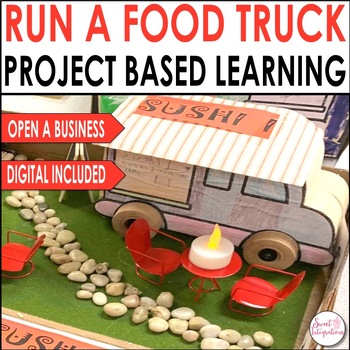


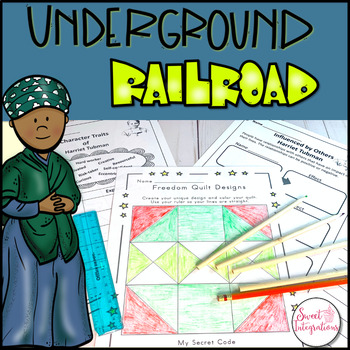

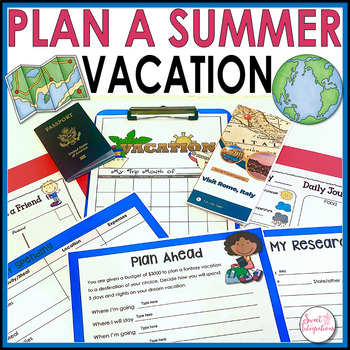
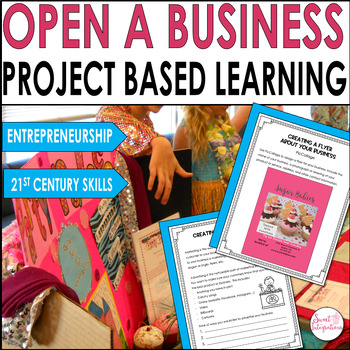
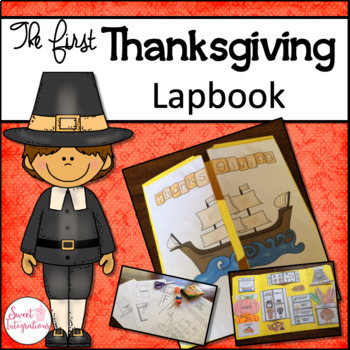

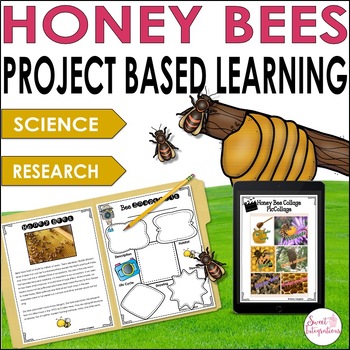



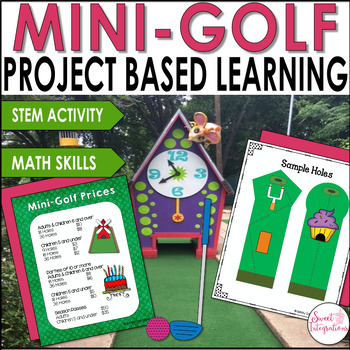
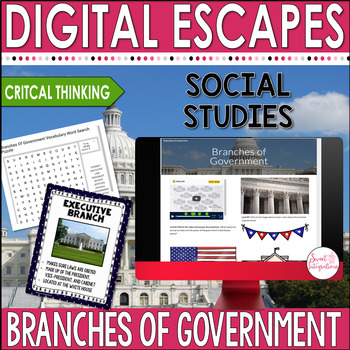

No comments